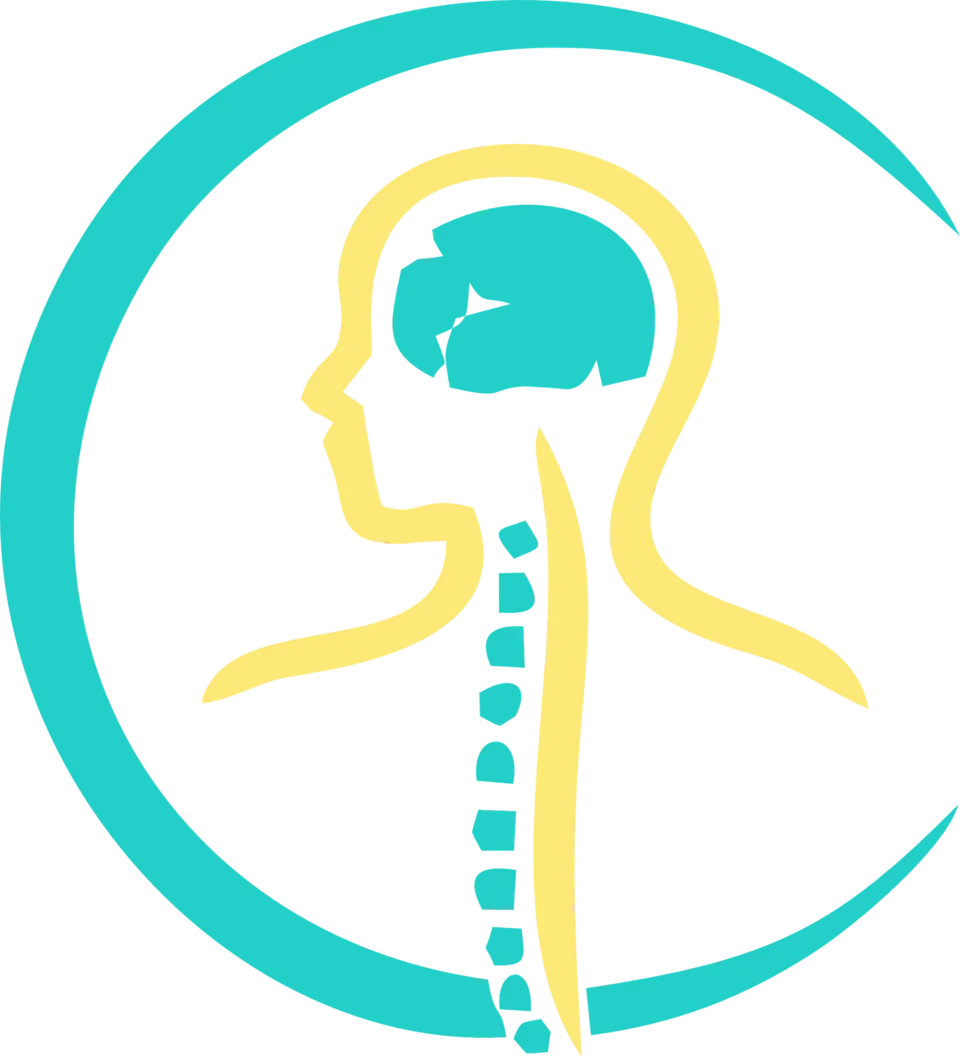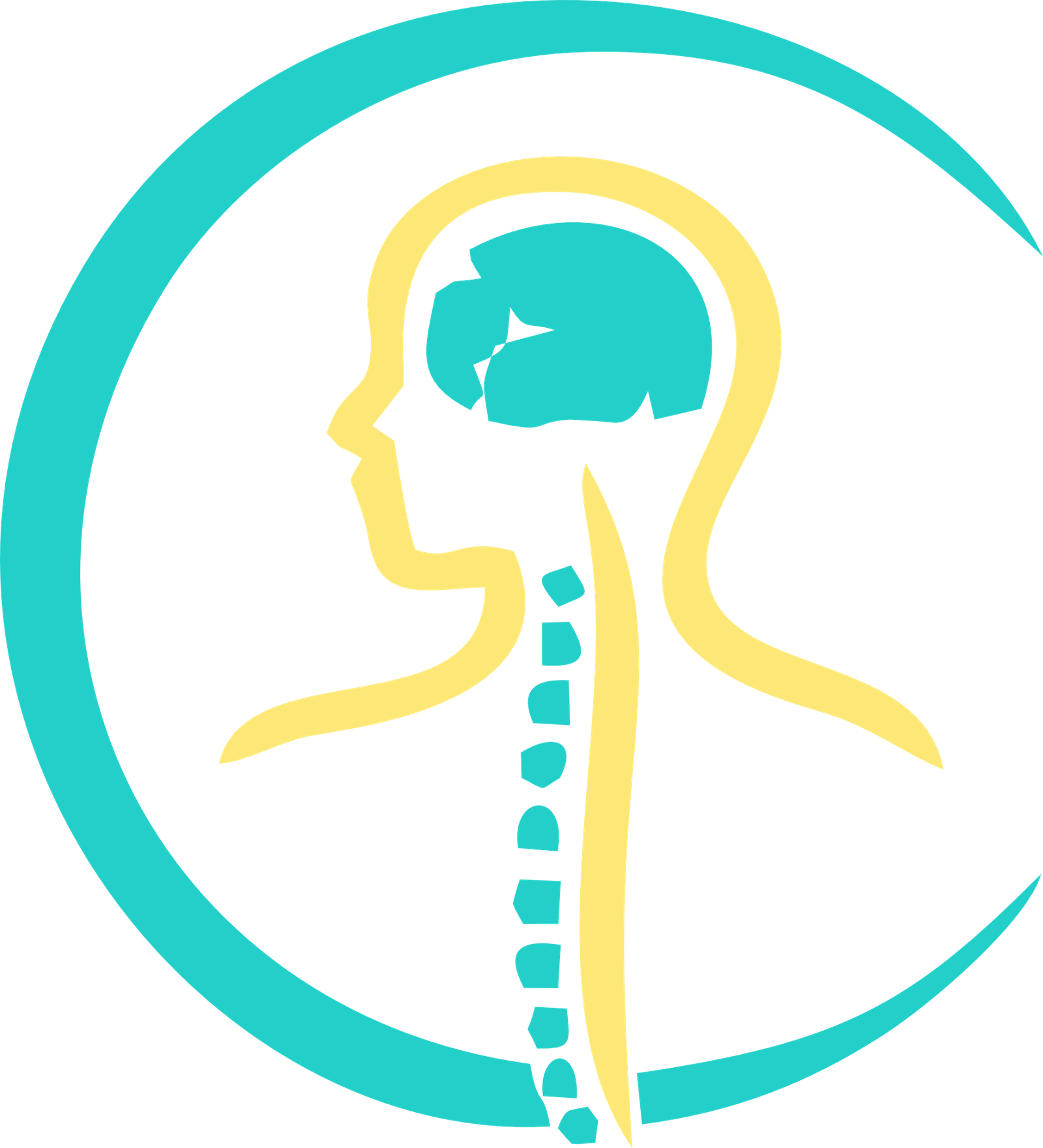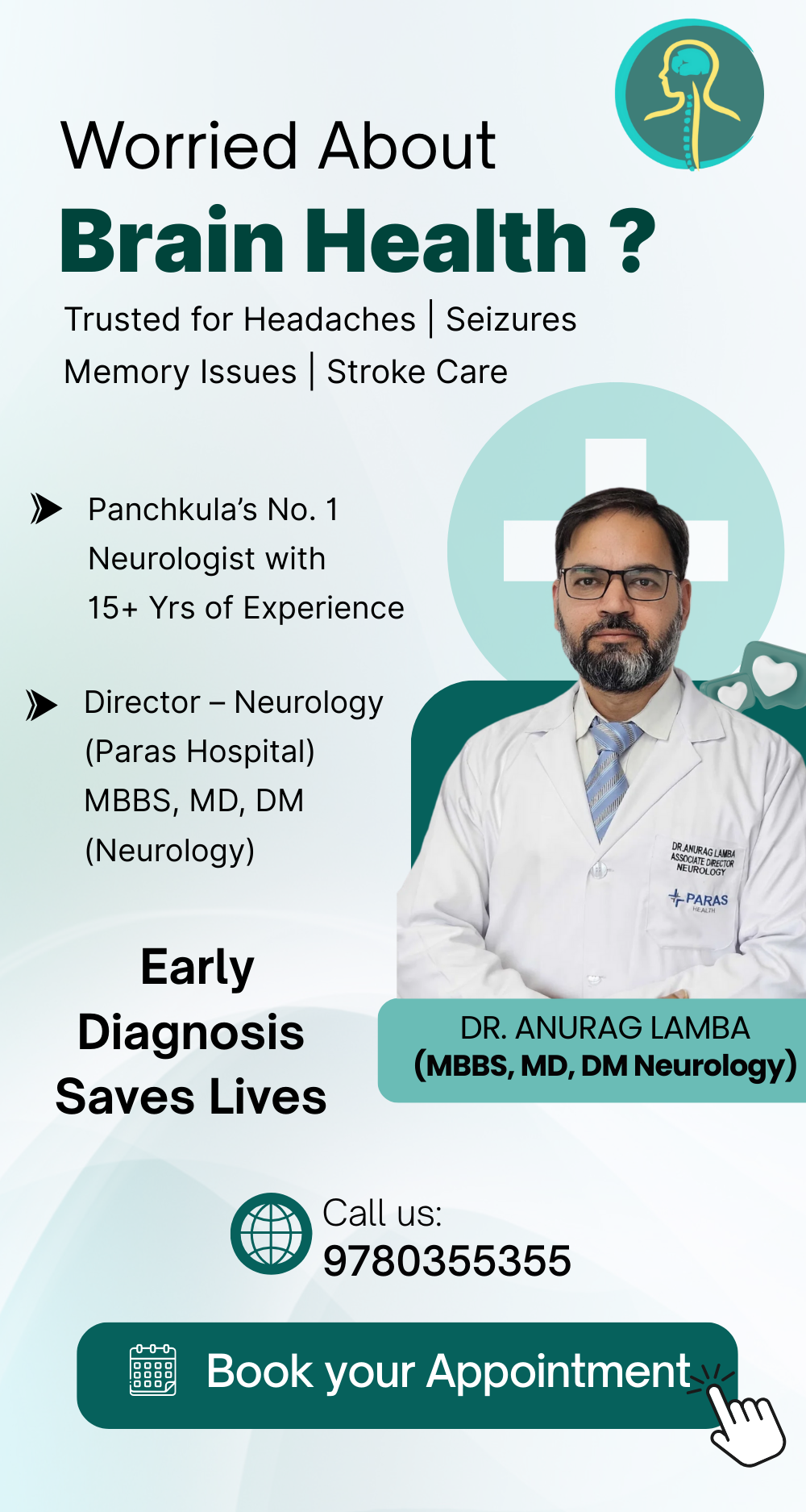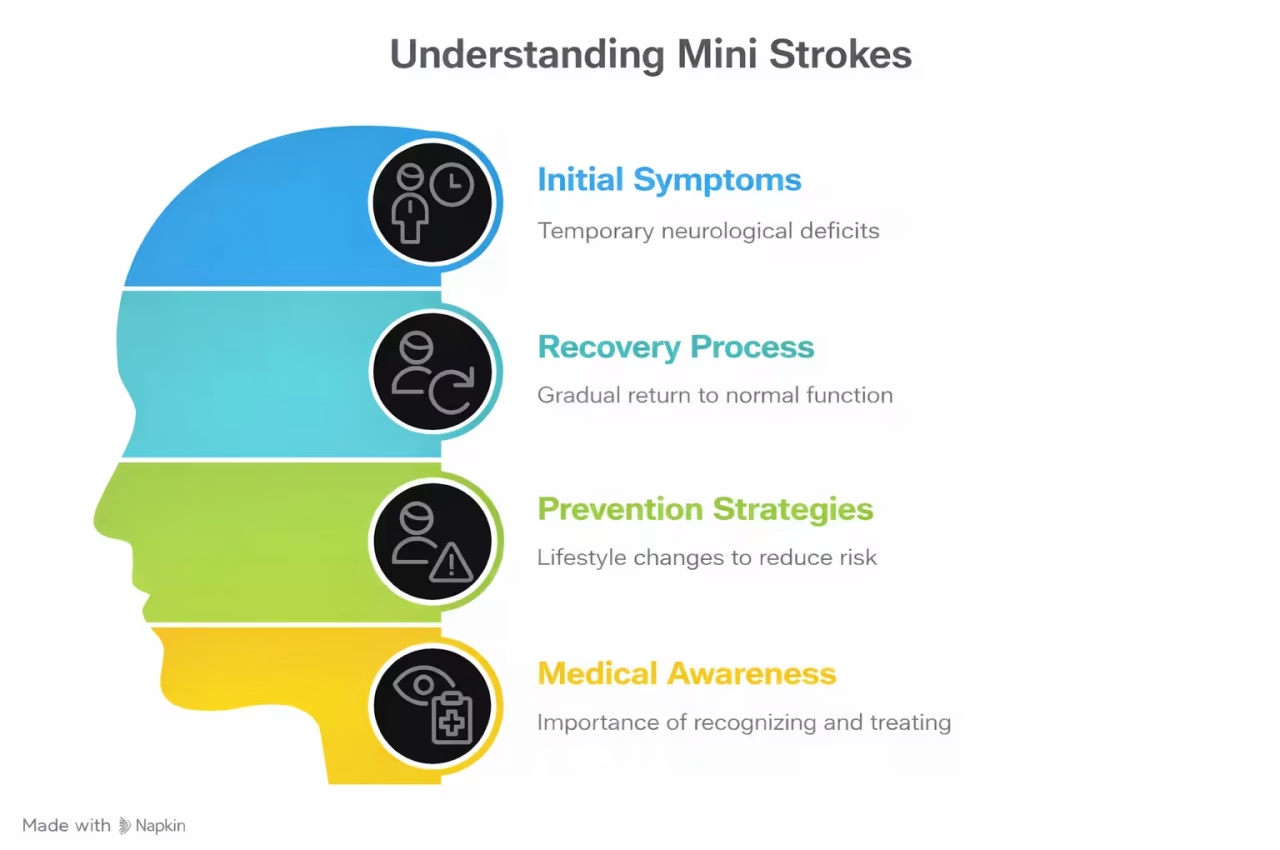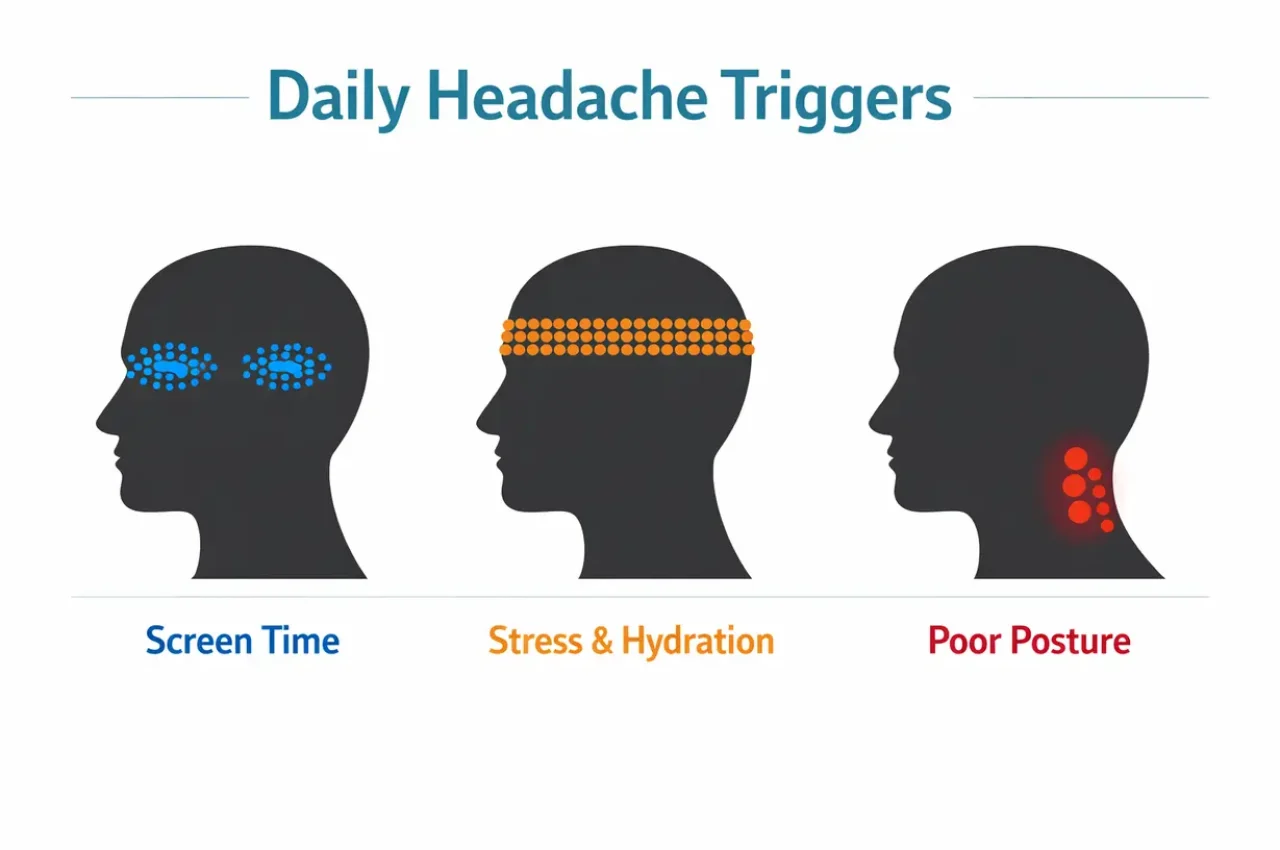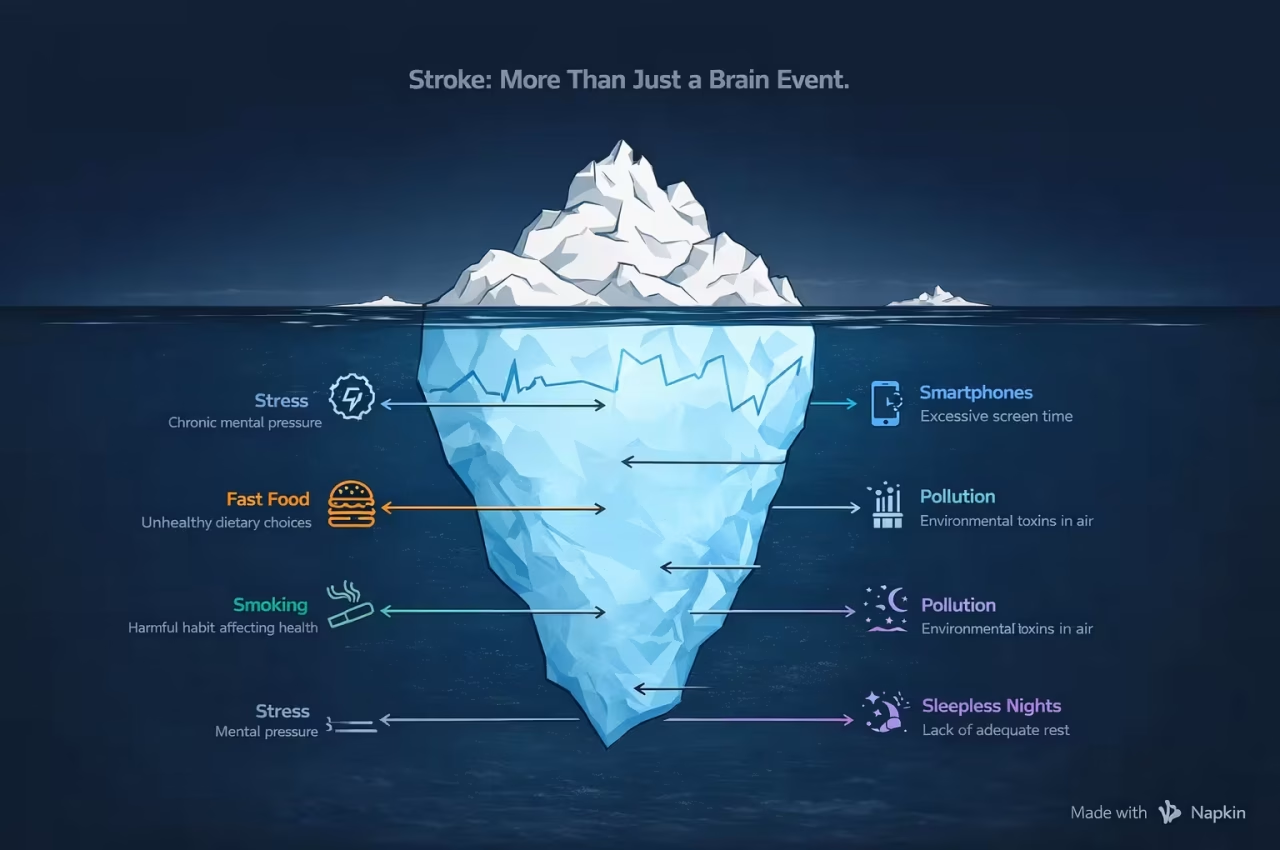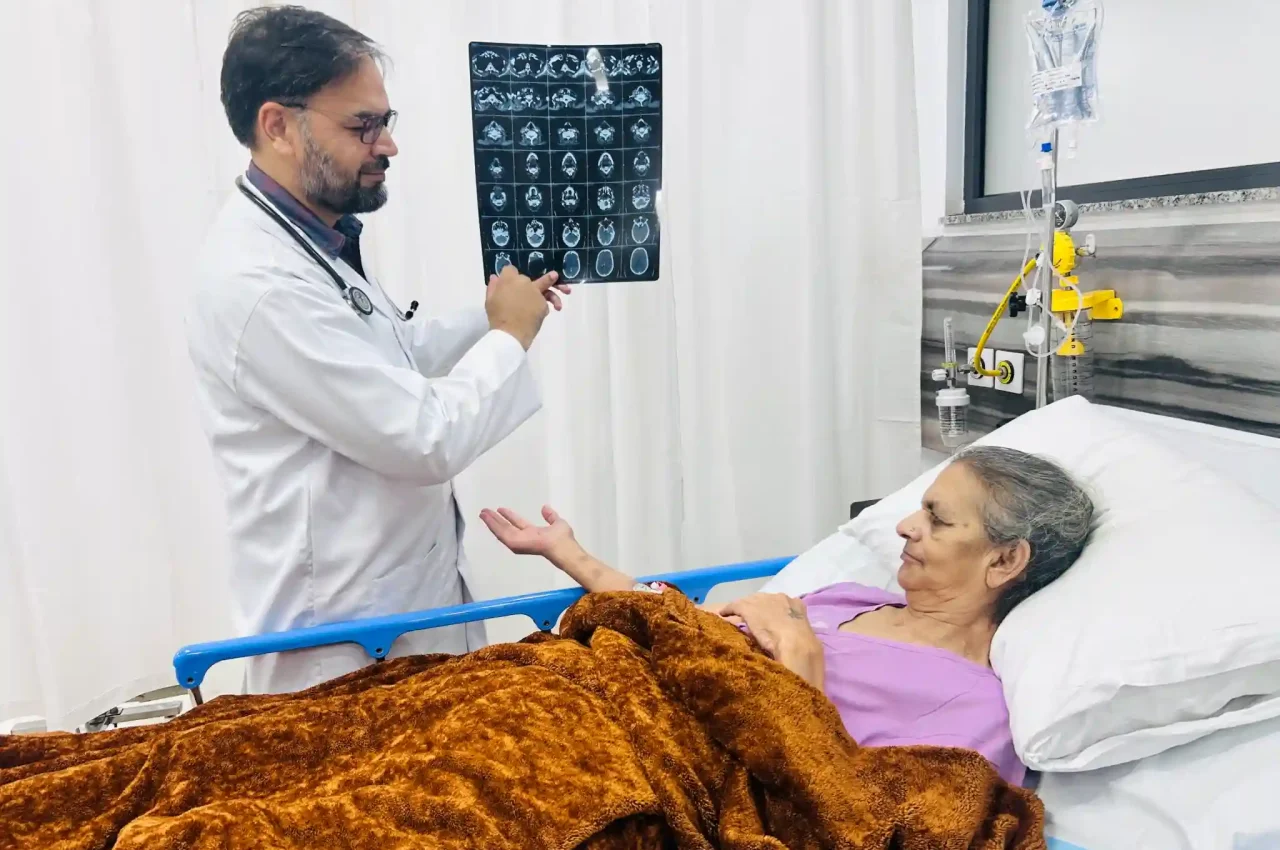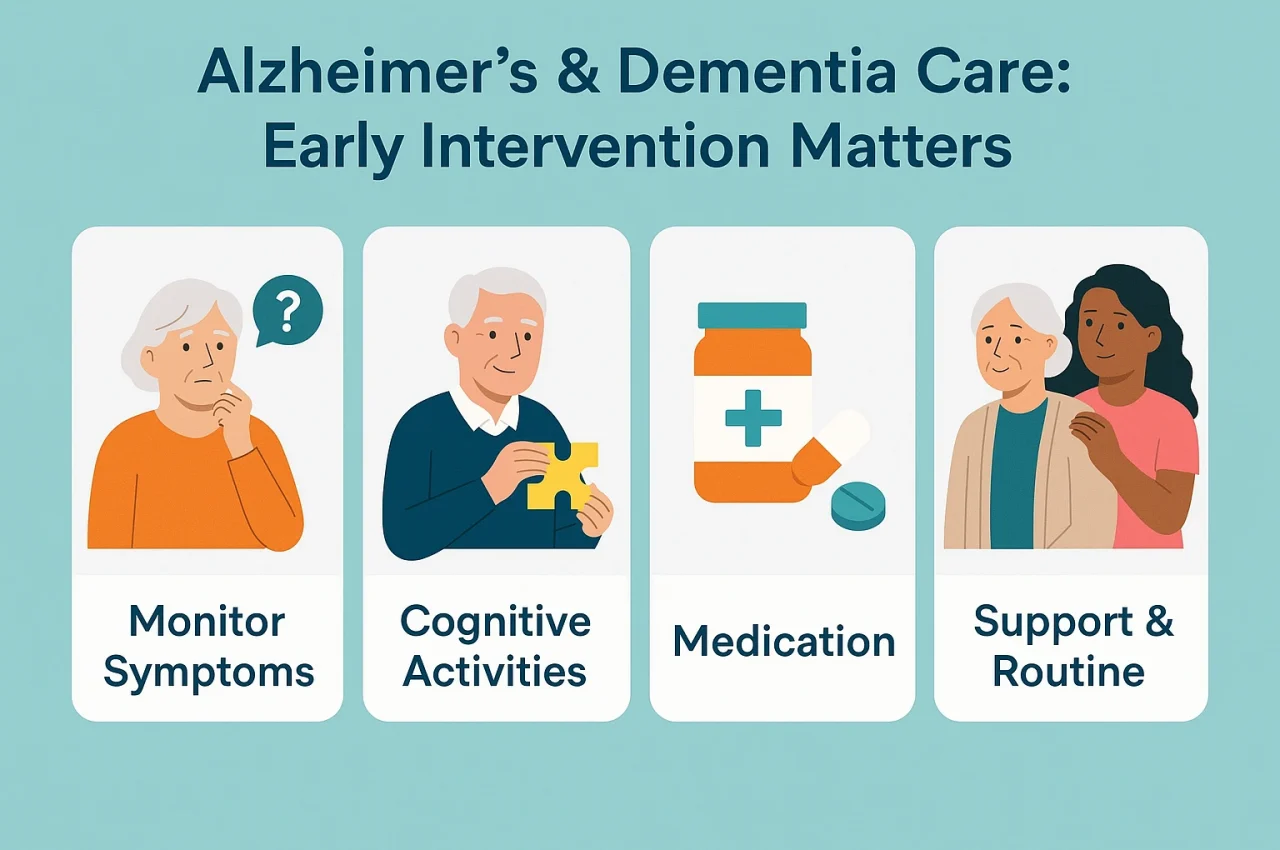Early Signs of Alzheimer’s: What to Watch For & When to See a Neurologist
It often begins subtly. Maybe your father misplaces his glasses — for the third time in one day. Or your mother retells a story she shared just 10 minutes ago. It seems harmless at first. People blame it on “old age.”
But beneath the humour, worry begins to creep in. Could these be early signs of Alzheimer’s? Or are they just part of growing older?
If you’re caring for aging parents or noticing changes in your own memory, you’re not alone. Thousands of Indian families face this heart-wrenching uncertainty every year. Recognizing the early symptoms makes all the difference — both medically and emotionally.
What Are the Early Signs of Alzheimer’s?
Alzheimer’s doesn’t arrive with a loud announcement. It tiptoes in, gradually making ordinary things harder.
Common early signs include:
- Memory loss that disrupts daily life: Repeating questions, forgetting commitments, or losing track of dates and events.
- Struggling with familiar tasks: Trouble making tea, following a simple recipe, or using household appliances.
- Problems with language: Forgetting common words, calling objects by the wrong name, or pausing mid-sentence unsure what to say next.
- Confused judgement: Dressing inappropriately for the weather or falling for obvious scams.
- Mood or personality changes: Sudden irritability, anxiety, withdrawal, or becoming suspicious of loved ones.
Real Story: In Pune, Mrs. Ratna Joshi, a retired teacher, began forgetting names and mixing up medications. Her family thought it was stress — until she stepped out at midnight thinking it was morning. These early signs of Alzheimer’s alerted them that something deeper was happening.
Understanding Alzheimer’s: Not Just Memory Loss
Alzheimer’s disease is the most common type of dementia, a condition where brain function declines over time. It doesn’t only affect memory — thinking, judgement, behaviour, and speech also get impacted.
Most commonly seen after age 60, the disease can also appear earlier (in the 40s or 50s), a condition known as early-onset Alzheimer’s. This form typically progresses faster and impacts individuals in the prime of life.
“Alzheimer’s affects not just memory, but independence, safety, and quality of life.”
Why It Happens: Causes and Risk Factors
Doctors don’t yet know exactly what triggers Alzheimer’s. However, they’ve identified several risk factors:
- Age: Risk climbs significantly after 60.
- Genetics: If a parent or sibling had Alzheimer’s, your chances may be higher.
- Poor lifestyle choices: Smoking, unmanaged diabetes, and high blood pressure are contributing factors.
- Low mental activity: Limited education or low cognitive engagement over a lifetime can increase risk.
Remember: Stress, sleep deprivation, and emotional burnout can also cause memory lapses.
When to See a Neurologist
Many families delay medical attention because they fear stigma or don’t want to “make a fuss.” But knowing when to see a neurologist can be life-changing.
Consult a specialist if:
- Memory issues worsen or interfere with daily tasks
- There are unexplained mood or behaviour changes
- Language, problem-solving skills, or coordination decline
Getting evaluated early can provide clarity — whether it’s Alzheimer’s, another treatable condition, or just temporary memory trouble.
How Doctors Diagnose Alzheimer’s
There’s no single test to confirm Alzheimer’s. Diagnosis is a process. Doctors may conduct:
- Mental ability tests: You may be asked to name objects, remember short stories, or draw patterns.
- Blood work: To rule out conditions like low B12 or thyroid imbalance.
- Brain imaging: MRIs and CT scans see if parts of the brain have shrunk or show damage.
Start with a visit to your family physician. Then, a referral to a neurologist can guide the next steps.
Timely diagnosis means more time for planning, therapy, and better outcomes.
Can Alzheimer’s Be Treated?
Alzheimer’s has no cure — but some treatments can slow symptom progression and enhance daily life.
Doctors may recommend:
- Medications: Drugs like Donepezil, Rivastigmine, and Memantine.
- Counselling: To help with anxiety, confusion, and emotional stress.
- Support groups: These reduce isolation and offer shared resources for patients and families.
Gentle reminders, routine, and patience go a long way in supporting someone through their journey.
Daily Adjustments for a Safer Home
Indian households can make simple yet effective lifestyle changes to support early Alzheimer’s patients:
- Label cupboards, drawers, and containers clearly.
- Use visible calendars and clocks to structure the day.
- Install night lights to prevent disorientation in the dark.
- Stick to a predictable routine — familiarity is comforting.
- Write down vital phone numbers and medication times.
Technology can help too: mobile reminders, WhatsApp messages, and regular video calls offer structure and connection.
The Role of Caregivers: Especially Women
In most Indian homes, caregiving falls to daughters, daughters-in-law, or wives. It comes from a place of love, but can be challenging beyond words.
If you’re caring for someone showing early signs of Alzheimer’s:
- Don’t ignore your own health
- It’s okay to ask for help
- Emotional fatigue and guilt are normal
You are not alone. And you are enough.
Real Stories: Catching Alzheimer’s Early Changes Lives
Ramesh, a 72-year-old retired banker from Noida, began forgetting passwords and once left his ATM card behind. When he forgot his grandson’s name, his family knew it was time to act.
He visited a neurologist at AIIMS, where tests revealed early-stage Alzheimer’s. After starting treatment and adopting a stable routine, he still enjoys evening walks, cricket matches, and time with his grandson.
Timely help preserved not just memory — but joy and dignity.
[info_card_block]
You’re Not Alone – Seek Help Early
If you’re reading this because something feels “off” — whether in a parent, partner, or yourself — trust your instincts.
The early signs of Alzheimer’s are real. And catching them early could change everything.
In Indian homes, it can feel disrespectful to speak up. But love means care. And care means taking action.
Speak to a doctor. Schedule that neurological check. Because memory isn’t just data — it’s identity, relationships, and stories. And it deserves to be protected.
